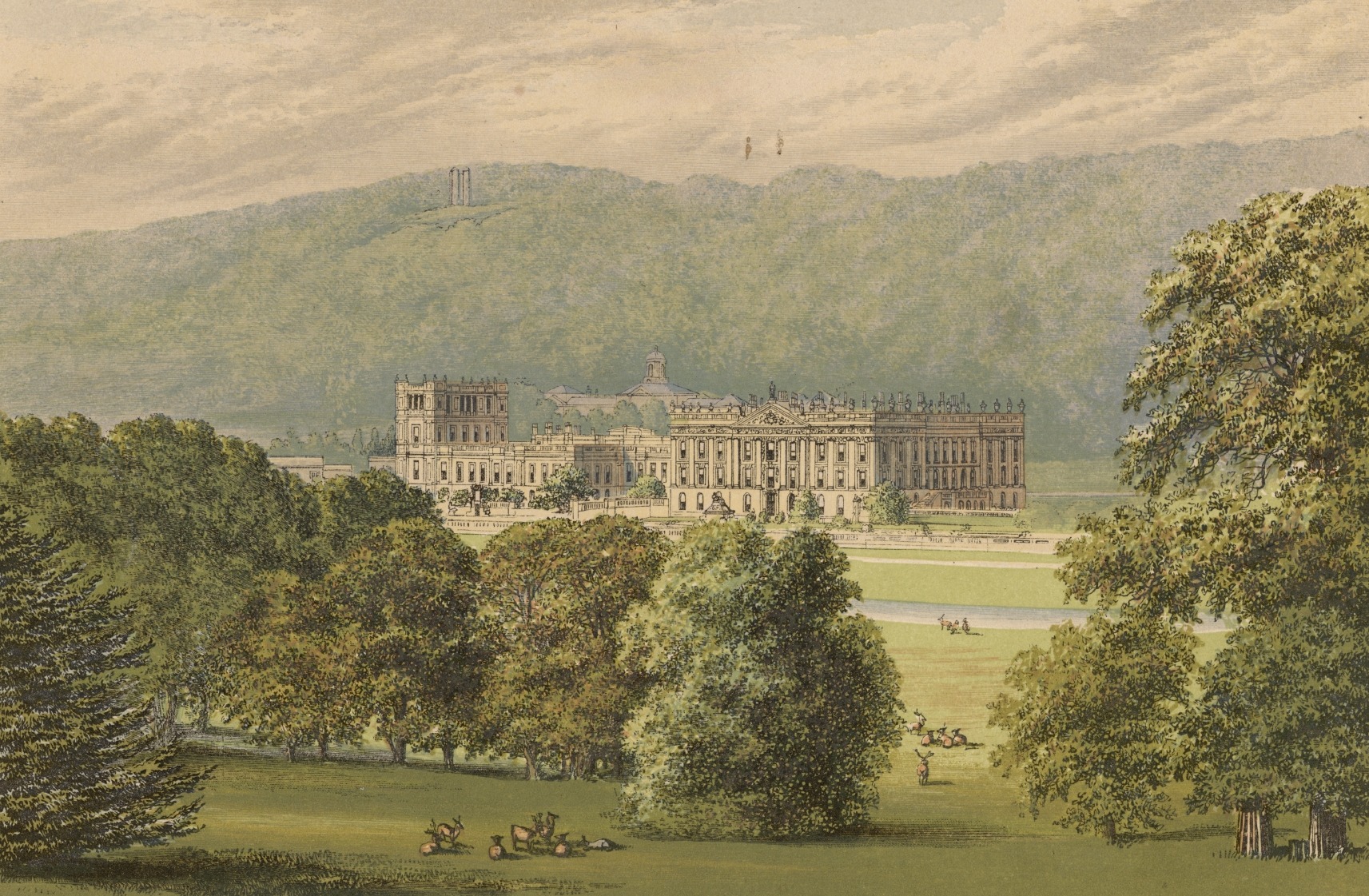Downton Abbey can tell us a lot about the British economy…but not everything.
We know the aristocracy is struggling. Many of the 700 families who had controlled 80% of all acreage during the 1870s faced financial collapse 50 years later. We saw at Downton Abbey how expenses exceeded the rents they collected and their inheritance taxes were unaffordable. Starting at 8% in 1894, by 1939 “death duties” rose to 60%.
For some, the solution lay across the ocean. Sell your paintings to Newport robber barons and marry American wealth. Including Consuela Vanderbilt with a $2.5 million dowry for the Ninth Duke of Marlborough, in 1895, 9 American heiresses married British aristocracy. Just as Lord Grantham married the daughter of a Cincinnati dry goods millionaire, between 1870 and WWI, 1 of every 10 aristocratic marriages was to an American.
But the fix was only temporary.
In “Eight Things Downton Abbey Can Teach Us About the Modern Economy,” the Washington Post provides insight about how the decline of Great Britain’s aristocracy relates to us. Through Mrs. Patmore’s struggles with new kitchen gadgets and Molesley’s descent from valet to ditch digger and then footman, we saw the unsettling impact of technological change on life at home and at work. Because of the high estate taxes, we felt sympathy for the Granthams but they also took us to big questions about inequality and redistribution. Finally, we can ponder the broader implications of Lord Grantham’s lack of business acumen and financial speculation.
However, in a Project Syndicate column, economist Barry Eichengreen says that there is one basic problem Great Britain faced and that we are in the same pickle. The problem is government. Great Britain is no longer a world economic leader because of inconsistent and inappropriate government policy. After 1929, they insufficiently encouraged competition and levied tariffs while after WWII, government policies were inconsistent. As he concludes, “In short, Britain’s was a political, not an economic failure. And that history, unfortunately, is all too pertinent to America’s fate.”
Sources and Resources: This Vanity Fair article by Charles Spencer, the 9th Earl Spencer, provides all you want to know about the lives and demise of the British aristocracy while econlife takes you downstairs with this closer look. For Downton Abbey economics, the Washington Post summary was a good overview but UC Berkeley’s Barry Eichengreen gave the detailed academic perspective in his Project Syndicate article and in this 2002 paper.
One paragraph above was excerpted from a previous econlife post.






